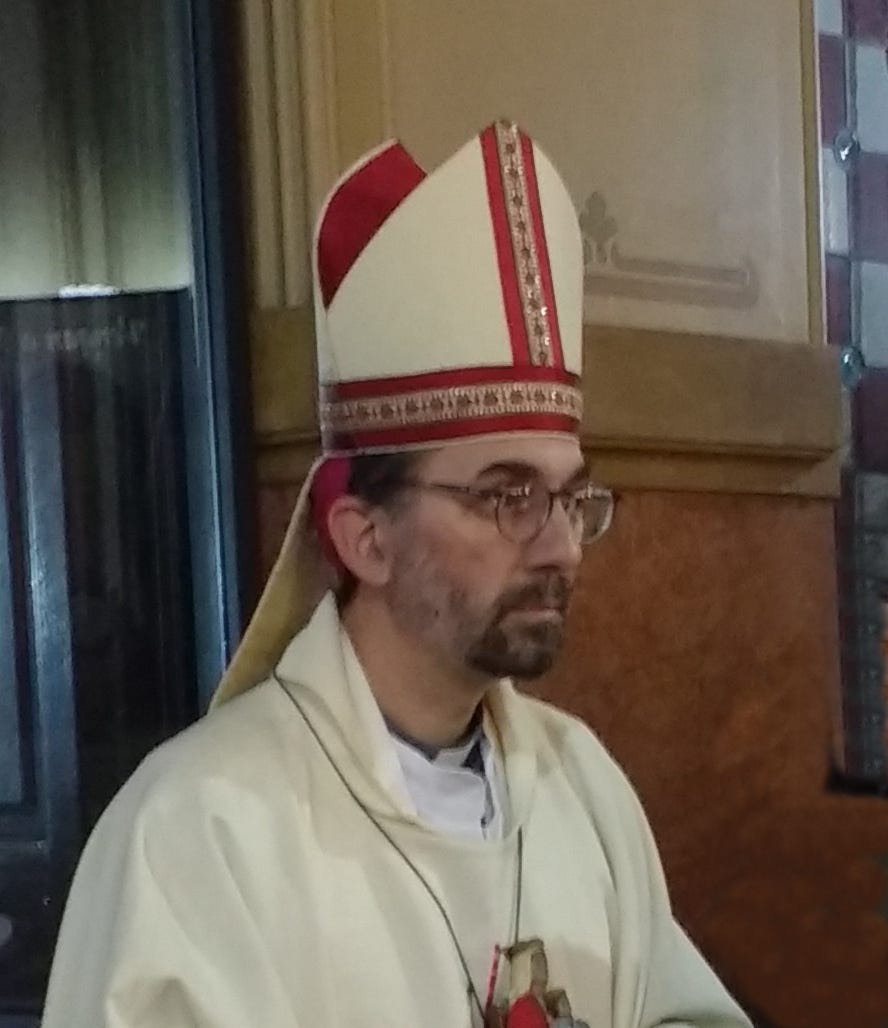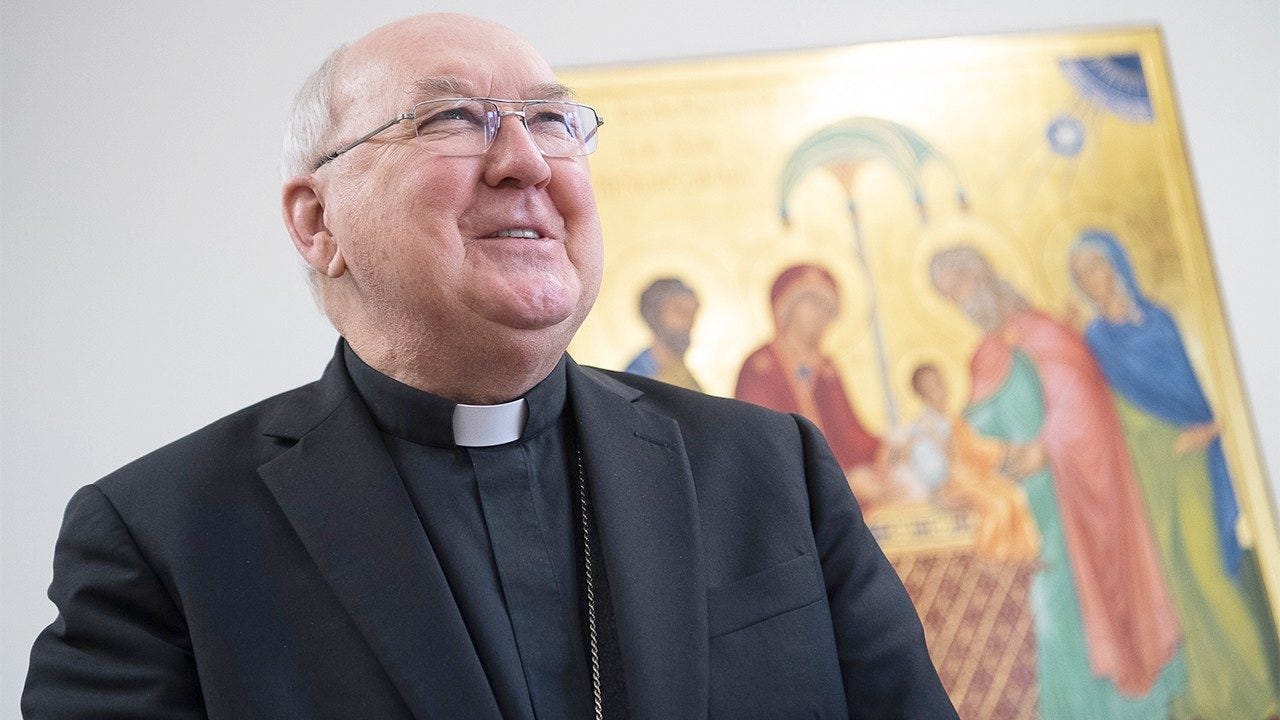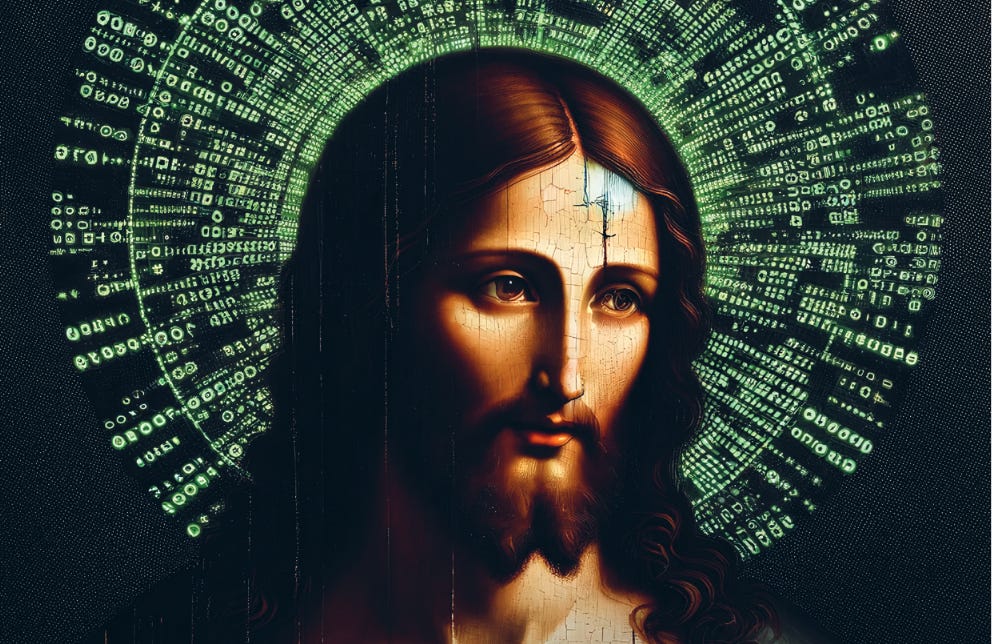Hong Kong’s Bishop Stephen Chow expressed hope April 13 for the Catholic ordination of women, joining several European bishops who have expressed similar sentiments in recent years.
During his homily at the Hong Kong diocesan Chrism Mass April 13, Bishop Chow said he had “turned to English, just to address our ordained brothers, and I hope one day maybe ordained sister[s] too.”
The bishop’s homily did not focus on the topic, instead calling priests and deacons to “synodality through our own ministries in collaboration with the different capacities, or different roles, among the People of God… discerning for the direction in which the Spirit wants us to move as a body.”
With an allusion to the language of Pope Francis, the bishop also called his clergy to be “shepherds…realistic yet transcending, not stuck in a specific time or space, and not being shepherds without the smell of the sheep.”
Pope St. John Paul II taught in 1994 “that the Church has no authority whatsoever to confer priestly ordination on women and that this judgment is to be definitively held by all the Church's faithful.”
The Vatican has reaffirmed that teaching during the papacy of Francis, as has the pope personally.
The Catechism of the Catholic Church and the Church’s canon law say that “only a baptized man validly receives sacred ordination,” and that “the ordination of women is not possible.”
But there have been calls from some bishops in recent years for changes to that doctrinal position, and some argue that the Catholic doctrinal position on the prospect of ordaining women as deacons is less definitively stated.
Pope Francis has established two study commissions on the question of whether women might become deacons, one which worked from 2016 until 2018, and the other appointed in 2020.
The groups have considered the function of women identified as “deaconesses” in texts from the third century — at issue is whether such women received a kind of commissioning to serve as extraordinary ministers of baptism and the Eucharist, or whether they might be understood to have received the sacrament of sacred orders.
Francis himself said in 2016 that he did not believe women referred to in the early Church as “deaconesses” had been ordained, but were instead commissioned to assist with the full immersion baptism of other women.
And despite calls to ordain women as deacons during the 2019 Synod of Bishops for the Pan-Amazon region, Francis said after that meeting that women “who have a central part to play in Amazonian communities should have access to positions, including ecclesial services, that do not entail Holy Orders and that can better signify the role that is theirs.”
But the pope condemned a “reductionism [that] would lead us to believe that women would be granted a greater status and participation in the Church only if they were admitted to Holy Orders.”
While the Vatican’s study commission seems unlikely to change Catholic practice on the issue, several bishops in recent years have expressed support for the prospect of ordaining women as priests, including Luxembourg’s Cardinal Jean-Claude Hollerich and the president of the German bishops’ conference.
Catholics in Germany participating in the official “synodal way” project voted a preliminary measure of support in February for a call to ordain women as priests as well.
The Hong Kong diocese has not yet clarified whether Chow had in mind the notion of ordaining women as priests or as deacons.
Chow, 62, became Hong Kong’s ninth bishop in December. The bishop was ordained a priest in the Society of Jesus, the Jesuits, in July 1994.
Born in Hong Kong, he attended a secondary school staffed by Irish Jesuits before he enrolled at the University of Minnesota as an undergraduate. Chow earned a graduate at Minnesota in educational psychology before he entered the Society of Jesus in 1984. His novitative was in Dublin.
After he was ordained a priest, Chow earned a master's degree in organizational development at Loyola University of Chicago, and in 2006 finished a doctorate at Harvard University in psychology and human development.
As a priest, Chow served as supervisor of Hong Kong's Wah Yah college, the secondary school from which he had graduated, until he became Jesuit provincial superior for China in 2017.
The bishop’s appointment came after almost a year of deliberation over his candidacy. He was the third candidate to have received papal approval for the job, but the first to have been publicly announced; the previous two candidates were withdrawn over political concerns prior to public announcement.
Chow met with Pope Francis in March, as the Vatican gears up for a renewal of its controversial “pastoral” agreement with the People’s Republic of China.
The Holy See agreed a deal with Beijing in 2018, and renewed it in 2020, which aimed to regularize the situation of Catholics in China. It has attempted to unify the underground Catholic Church on the mainland with the state-sponsored Chinese Patriotic Catholic Association, granting Chinese Catholics a measure of civil acceptance in exchange for government involvement in the appointment of bishops.
The agreement, which is set to expire in October, has attracted heavy criticism, with many Catholics and Church watchers questioning the suitability of granting the Chinese Communist Party a say in episcopal appointments while the government continues its genocidal campaign against the Uighur population of Xinxiang Province.
Several Catholic bishops and priests have refused to register with the government, pointing out that doing so requires affirming state supremacy over the Church, and Communist Party dogma above Church teaching.
Those clerics have been subject to a campaign of harassment, arrest and detention, with some bishops disappearing altogether.
Nearly four years into the deal’s implementation, the appointment process for bishops in China has not become noticeably more smooth for Rome: dozens of dioceses remain without bishops, and the Chinese government has taken to announcing the appointment and consecration of its own episcopal candidates, seemingly without the input or approval of Rome.




